From Venezuela to Iran, Putting America First Appeals to Both Republicans and Democrats

On foreign policy, the real disconnect seems to be between members of the public and the leaders who represent them.
By Mark Hannah
This article appeared on NBC THINK on March 7, 2019. It includes references to the Eurasia Group Foundation, now known as the Institute for Global Affairs.
We’re told liberals and conservatives are deeply and hopelessly divided. After a spate of overseas adventures propelled by ill-fated strategies with jargony names like “preventive war,” “regime change” and “nation building,” Americans of all political stripes are becoming disillusioned with the arguments supporting US military intervention.
To be sure, there are plenty of real differences between the political parties right now. But on foreign policy, the real disconnect seems to be between members of the public and the leaders who represent them. There has long been an awkward consensus among neoconservative hawks, who argue preventive military action makes Americans safer and neoliberal interventionists, who argue that toppling tyrants is our moral obligation. Both views are the products of specialized knowledge, good intentions and creative theorizing. But neither has made a convincing case to the American people, especially not recently.
This is certainly supported by a new study just put out by my organization, the Institute for Global Affairs (IGA), which found broad political agreement in the desire for a more restrained foreign policy. In fact, our national poll of more than 1,000 voting-age Americans found support for a more focused, foresighted and finite foreign policy crosses not just the usual party lines, but also generational boundaries, socioeconomic class and levels of foreign policy knowledge. In other words, we’re not talking about the usual anti-globalist suspects here.
President Donald Trump has channeled this feeling of war weariness. His calls for a precipitous withdrawal of troops from Syria and Afghanistan, though since moderated, even received support from the Senate Democrats making a bid to run against him. But perhaps the biggest test to the administration’s commitment to restraint will be the showdown underway in Venezuela.
…
This article appeared in NBC THINK

Written by Mark Hannah
Mark is a senior fellow with the Independent America project at the Institute for Global Affairs and the host of IGA’s podcast, None Of The Above.
Read more from Mark
This post is part of Independent America, a research program led out by Jonathan Guyer, which seeks to explore how US foreign policy could better be tailored to new global realities and to the preferences of American voters.
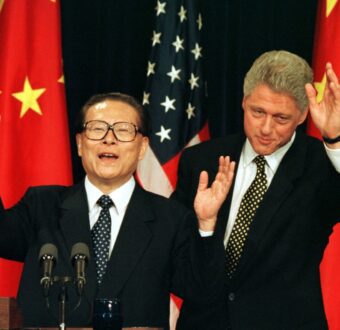
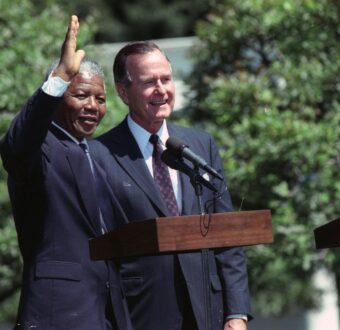
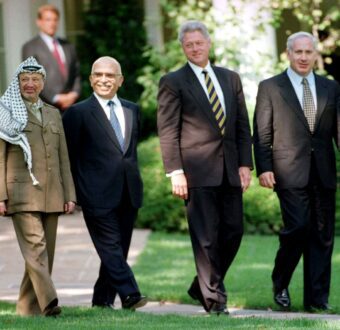
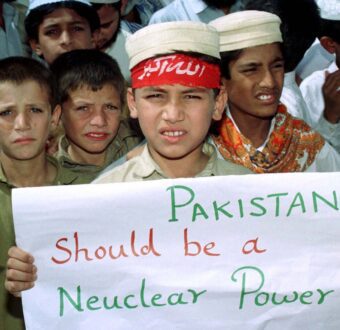

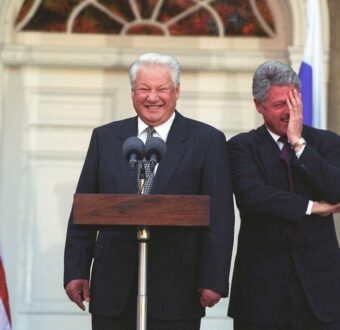
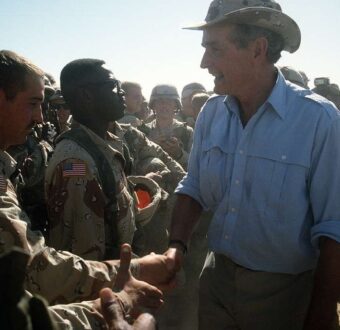
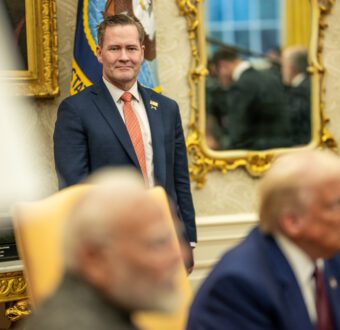
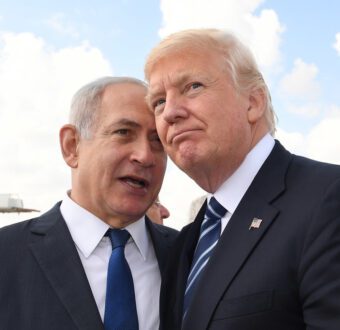




Put America first but not alone